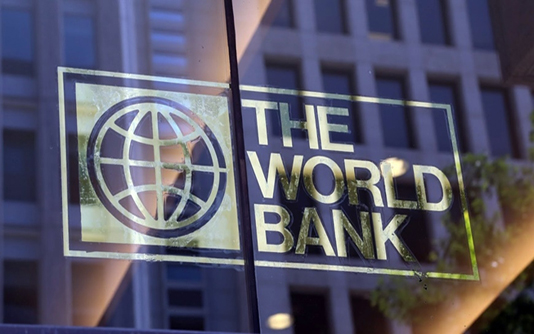DHAKA, Oct 19, 2020 (BSS) – The Government and the World Bank today
signed a financing agreement under which the lending agency will provide $202
million additional financing for the “Modern Food Storage Facilities”
project.
The Economic Relations Division (ERD) Secretary Ms Fatima Yasmin and the
World Bank Country Director for Bangladesh Mercy Miyang Tembon signed the
agreement virtually on behalf of their respective sides.
The Directorate of Food under the Ministry of Food has been implementing
the Modern Food Storage Facilities Project from January 2014 to June, 2022.
But, the implementation period has been extended to October, 2023 due to the
requirement of additional financing.
The project aims to increase the storage capacity of Bangladesh’s
national strategic grain reserves by 535,500 tons for 4.5 million households.
According to the officials at the ERD and the World Bank, the project is
helping Bangladesh address food insecurity in challenging times, such as
frequent climate-induced disasters or crisis situations like the current
COVID-19 pandemic. It is supporting the construction of eight public modern
grain storage steel silo complexes for rice and wheat in eight different
districts.
On top of current construction work taking place in Ashuganj, Madhupur
and Mymensingh, the additional financing will support the construction of
rice silos in Dhaka, Narayanganj and Barishal, and wheat silos will be built
in Chattogram and Maheshwarpasha.
The additional financing will increase the grain reserve available to
households to meet their post-disaster needs and improve the efficiency of
grain storage management through an online Food Stock and Market Monitoring
System (FSMMS). The project will also create new job opportunities,
especially for women, in the operation and management of silos.
The project has already helped to manufacture and distribute 500,000
household air- and water-tight food containers (“household silos”) to poor
farmers and women-headed vulnerable households in disaster-prone coastal
areas. This success has led the government to commit to further distribute
silos to an additional 300,000 households.
The project will reduce grain storage and handing losses in public
storage facilities by at least 50 percent and extend the nutritional value of
grain for up to 2 years, instead of the current 6 months.
The credit from the World Bank’s International Development Association
(IDA), which provides concessional financing, bears a service charge of 0.75
percent and interest of 1.25 percent on the withdrawn credit amount. The
credit has a 30-year term, including a five-year grace period.



